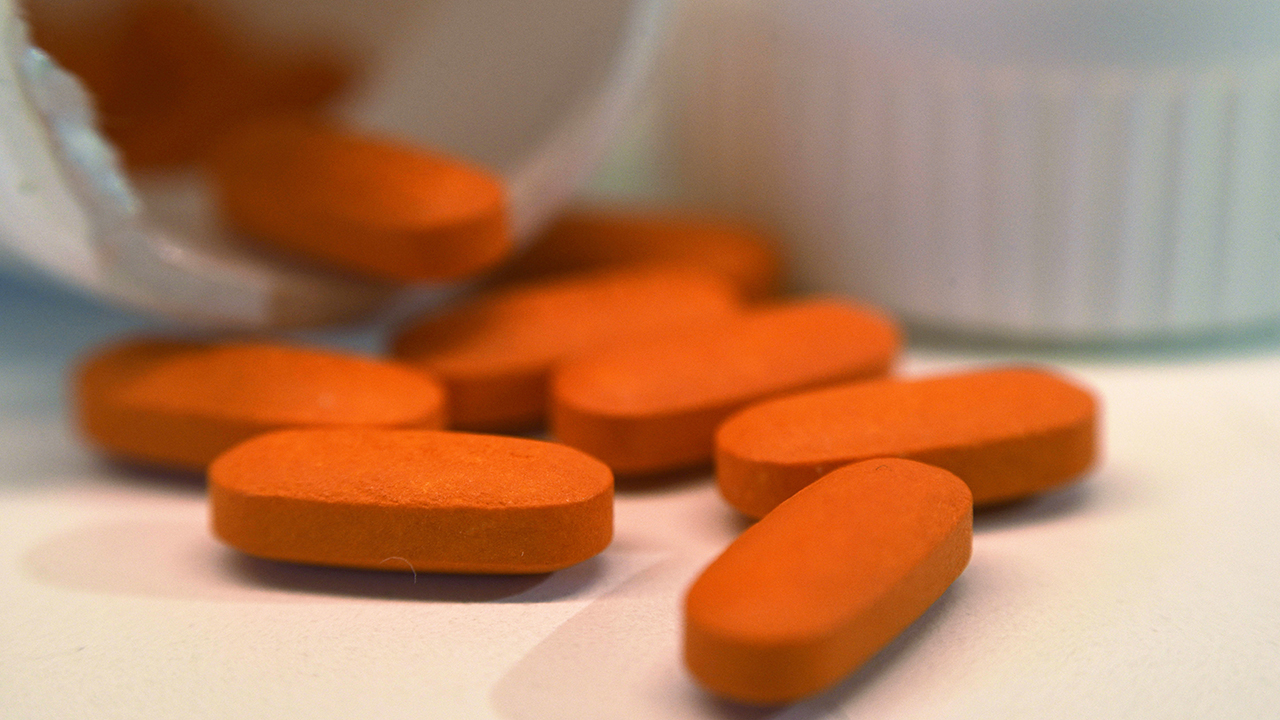The U.S. Food and Drug Administration (FDA) recently announced in a Communication on the safety of medications that are requiring label changes for nonsteroidal anti-inflammatory drugs (NSAIDs). These changes include a new label to explain that if women take the drugs around 20 weeks or later in their pregnancy, the drugs can cause rare but serious kidney problems in the fetus, which can lead to low low levels. of amniotic fluid (the protective cushion that surrounds the fetus) and the possibility of complications related to pregnancy.
NSAIDs include drugs such as ibuprofen, naproxen, diclofenac, and celecoxib. People have taken these medications for decades to treat pain and fever caused by many medical conditions. There are both prescription and over-the-counter (OTC) NSAIDs. The medications work by blocking the production of certain chemicals in the body that cause inflammation. Aspirin is also an NSAID; however, these recommendations do not apply to the use of low-dose aspirin (81 mg). Low-dose aspirin can be an important treatment for some women during pregnancy and should be taken under the direction of a healthcare professional.
"It is important for women to understand the benefits and risks of medications they can take throughout pregnancy," said Patrizia Cavazzoni , MD, acting director of the FDA's Center for Drug Evaluation and Research. "To this end, the agency is using its regulatory authority to inform women and their healthcare providers of the risks if NSAIDs are used after approximately 20 weeks of pregnancy and beyond.
As stated in the Drug Safety Communication , the warning results from the FDA's review of the medical literature and cases reported to the agency of low amniotic fluid levels or kidney problems in unborn babies associated with the use of NSAIDs during pregnancy.
After about 20 weeks of pregnancy, the fetus' kidneys begin to produce most of the amniotic fluid, so fetal kidney problems can cause low levels of this fluid. Low levels of amniotic fluid, a condition known as oligohydramnios, can be detected after taking the drug for days or weeks, but can be detected as early as two days after starting regular NSAID use. This condition usually goes away if the pregnant woman stops taking the NSAIDs.
Regarding prescription NSAIDs, the FDA is requiring changes to the prescribing information to describe the risk of kidney problems in unborn babies that result in low amniotic fluid and to recommend that the use of an NSAID be limited to between 20-30 weeks of pregnancy due to this risk. Warnings to avoid taking NSAIDs after about 30 weeks of pregnancy are already included in the prescribing information because taking these drugs during this time can lead to heart problems in the fetus. If a healthcare provider believes that use of an NSAID is necessary between approximately 20-30 weeks of pregnancy, use should be limited to the lowest effective dose and the shortest duration possible. Manufacturers of NSAIDsOver-the-counter products intended for adult use will also make similar updates to drug information labels .
Although certain healthcare providers who treat pregnant women are generally aware of the risk of low amniotic fluid levels, the FDA is communicating this information more widely to educate other healthcare professionals and pregnant women.

 US FDA warns that using a type of pain and fever medication in the second half of pregnancy can lead to complications
US FDA warns that using a type of pain and fever medication in the second half of pregnancy can lead to complications





















.jpeg)












